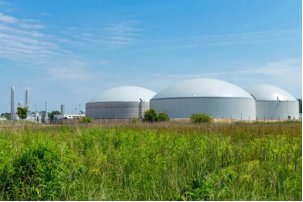Introduction:
As society continues to evolve and the demand for energy grows, there is an increasing focus on renewable energy sources. In this context, biogas projects, serving as a clean and renewable energy form, have gradually garnered widespread attention. This article will delve into the remarkable advantages of biogas projects, exploring their positive impacts on the environment, economy, and society.
I. Exemplifying Clean Energy
Biogas projects, characterized by the production of biogas, stand as an exemplar of clean energy. Biogas primarily comprises methane, and its combustion generates relatively low levels of carbon dioxide, significantly reducing greenhouse gas emissions. Compared to traditional fossil fuels, the utilization of biogas contributes positively to air quality and environmental protection.
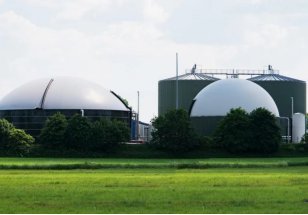
II. Comprehensive Resource Utilization
In the operation of biogas projects, organic waste is primarily used for fermentation and gas production. This approach not only mitigates the adverse environmental effects of landfilling organic waste but also maximizes the utilization of energy within the waste, achieving comprehensive resource utilization. The conversion of waste into energy not only reduces environmental pollution but also provides society with a sustainable method of resource utilization.
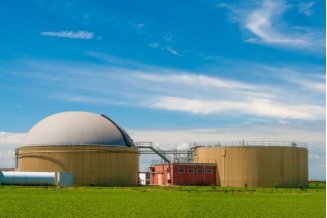
III. Significantly Economic Benefits
Biogas projects, while producing biogas, also yield organic fertilizer as a byproduct. This organic fertilizer is rich in nutrients, exerting a significant positive influence on agricultural production. The use of organic fertilizer from biogas projects enhances soil fertility, reduces the need for chemical fertilizers, and consequently lowers agricultural production costs. Additionally, the construction and operation of biogas projects create employment opportunities, fostering economic development.
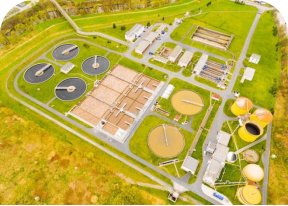
IV. Reliable Energy Supply in Rural Areas
In rural areas, biogas projects can serve as a reliable energy supply. By collecting organic waste from households and farms, residents can access a stable source of biogas for cooking, heating, and other domestic purposes. This is particularly beneficial for rural areas that have not yet been connected to urban energy systems, offering a sustainable and cost-effective energy solution.
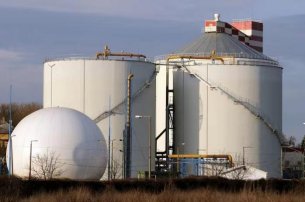
Conclusion:
Biogas projects, with their advantages in cleanliness, comprehensive resource utilization, economic benefits, and reliable energy supply in rural areas, emerge as integral components of sustainable development. Governments, businesses, and society should collaborate to promote the widespread adoption of biogas projects, aiming to achieve goals related to environmental protection, sustainable resource utilization, and the overall sustainable development of the economy and society.
